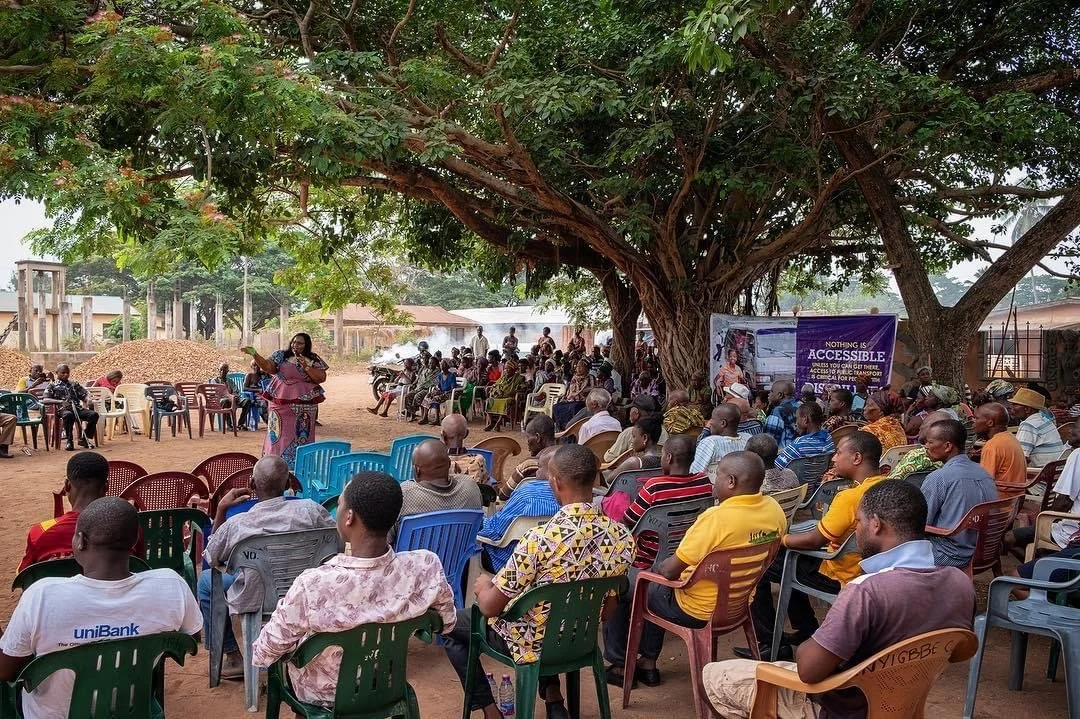Access to Justice
States Parties shall ensure effective access to justice for persons with disabilities on an equal basis with others . . . UN Convention on the Rights of Persons with Disabilities; Article 13, 1.
Girls and women with disabilities often experience sexual abuse. In a country where the existence of rape is barely acknowledged, an assault on a person with a disability (PWD) may never be taken seriously by family members, police, or the courts. Law enforcement officers and legal professionals alike cast doubt on the reliability of witness accounts and do little to protect their anonymity.
Due to negative perceptions and beliefs, many men abandon wives/girlfriends when children are born with a disability. The woman often struggles to provide food, clothing, and shelter for herself and her child(ren). As a result, necessary medical interventions may become financially impossible to obtain.
Though Social Welfare departments have been set up throughout the country, women may not take advantage of their help because of family/community pressure, fear of repercussions, religious beliefs, or simply being unaware of the existence of aid.
For the past several years, Kekeli has helped girls and women gain access to Social Welfare services, police interventions, and the courts. While it can sometimes be a slow and difficult journey, successful resolutions bring a new sense of empowerment and self-confidence to these women.
Ama’s Story
When he found out she was pregnant, Ama’s boyfriend pressured her to have an abortion. She refused and he quickly distanced himself from her. When her little boy was born some months later with a disability, the man refused to have anything to do with either of them.
Kekeli’s first contact with Ama was for the purpose of addressing her little boy’s health challenges. It quickly became clear that her needs went beyond Kekeli’s scope to address. When the idea of taking the father to court for child support was first suggested, Ama was reluctant to consider the idea. With encouragement and support, she began taking the necessary steps to bring the case forward.
While at first intimidated to appear before the court, and subjected to pressure from the man’s family; Ama went to court with an advocate from Kekeli by her side. The judge proved to be sympathetic to her case and soon decided in her favor. During the course of the proceedings, which spanned several weeks, Ama displayed an unexpected boldness and determination. The day the man was arrested for failing to pay the required child support, she joyfully celebrated her victory. The man is now sending money that enables her to take care of her little boy and she is looking ahead to the corrective surgery that will give her son fuller use of his limbs.

